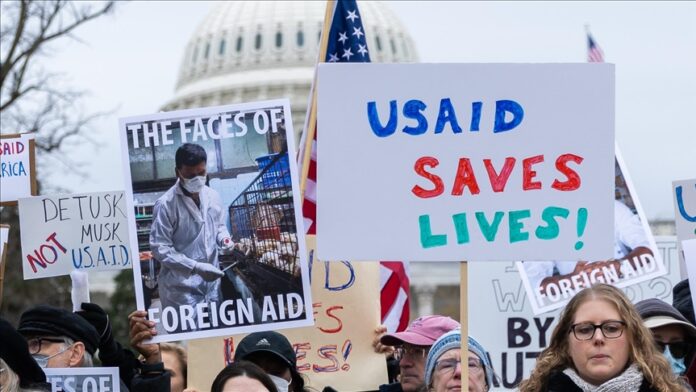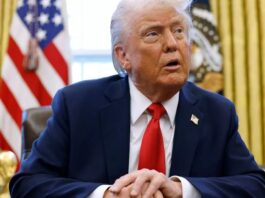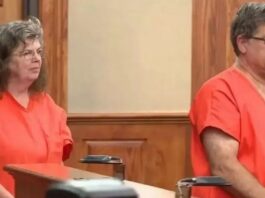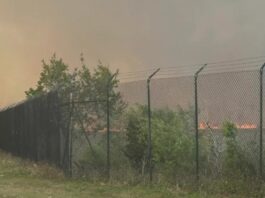The United Nations Population Fund (UNFPA) is facing a major crisis after the United States decided to suspend its funding — and the impact is being felt across the globe. Mariam A. Khan, UNFPA’s representative in Türkiye, described the situation as “dire” and warned that the lack of funds is putting essential services on hold in places that desperately need them.
For years, the US has been one of UNFPA’s biggest supporters, providing nearly half of the agency’s humanitarian funding worldwide. But with that support suddenly gone, vital programs in Türkiye, Gaza, Ukraine, and Syria are now at serious risk.
The timing couldn’t be worse. In Gaza, where people have been living through 15 months of conflict, about 50,000 pregnant women who rely on UNFPA’s support now face uncertainty. Emergency services that ensure safe pregnancies and deliveries have been put on hold, leaving mothers and babies in danger.
Ukraine is facing a similar crisis. As the war with Russia nears its third year, nearly 640,000 women, girls, and vulnerable individuals have been depending on UNFPA’s protection services. But with funding cut off, those services have been suspended, putting countless lives at risk.
Closer to home in Türkiye and Syria, the situation is just as troubling. After the devastating earthquakes in 2023, UNFPA played a key role in providing humanitarian aid for survivors and Syrian refugees. The US funded about 60% of those efforts — and without that money, ongoing support is in jeopardy.
Despite these setbacks, the UNFPA is doing its best to keep services running with help from other donors like Japan, South Korea, and Turkish companies. But Khan made it clear that the agency urgently needs more support. She called on governments, businesses, and individuals to step up and fill the gap left by the US suspension.
The decision to cut off funding has sparked controversy, with critics arguing that the move may be illegal without approval from the US Congress. As discussions continue, millions of people around the world are left hoping that life-saving aid doesn’t slip further out of reach.













